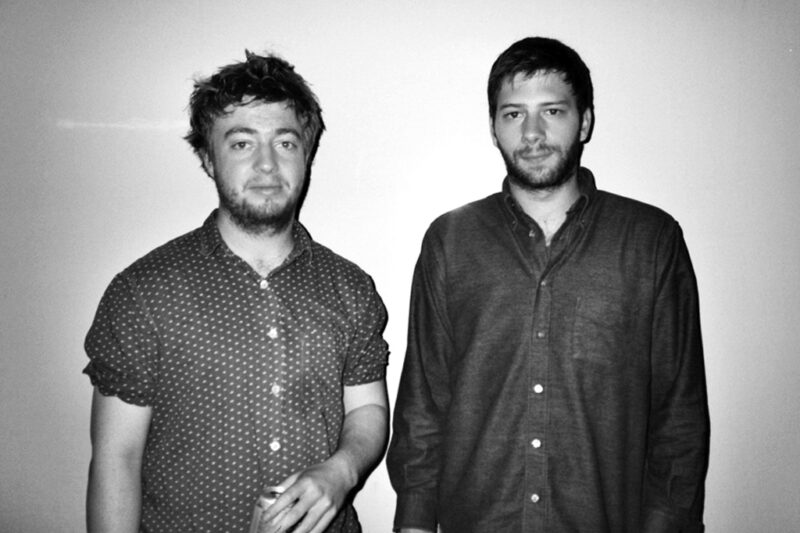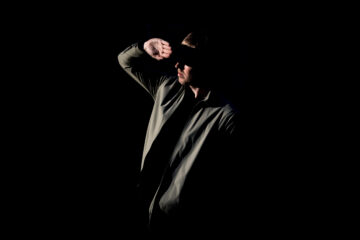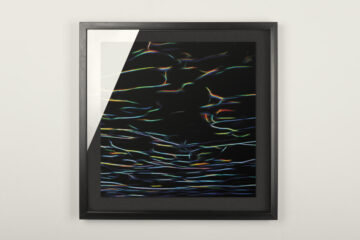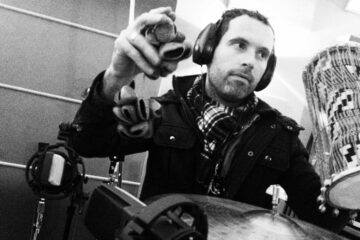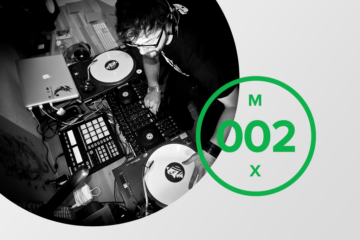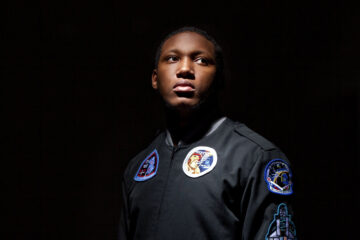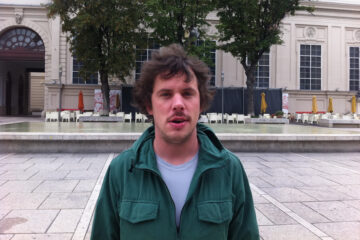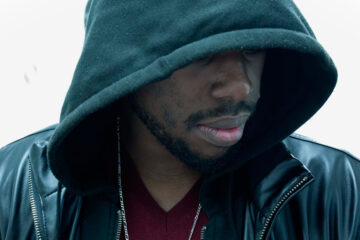Mount Kimbie have revolutionized Dubstep, given it a different spin and have set a milestone with their first album Crooks and Lovers. Drawing inspiration from classic Dubstep records and being heavily rooted in this genre they joined forces in 2008 to fool around and make some music. It soon became clear that the guys from east London were on to something new when Hotflush label founder Paul Rose aka Scuba knocked on their door to sign them. The two have put together a terrific live show, which gives you an idea of their sonic force. Valentin Menedetter sat down with them after a show.
You’ve been working together since 2008. When was the first time that you felt it was about time to get serious about making music?
Kai Campos: I think that came pretty early actually, and that was one of the things that were quite motivating. At first I had recently decided to stop going to university and actually take it seriously – I had reached a point where I thought I have to risk something and do it.
How did it happen that you two started making music together?
Dominic Maker: My memory doesn’t really stretch that far back (laughs). I think the first thing we did was that Kai was interested in using some of my vocals on a track that he was doing at the time. Initially it was getting drunk and he’d get me to sing (laughs). And as time progressed Kai really introduced me to the program he was using – Fruity Loops. Kai was a good mate at the time so we used to hang out together, he would come over and we would work together – basically just knocking around on the program. Then we decided to make a project out of it and that’s where we are today.
What music did you two feel the same about at that time?
Kai Campos: It was almost entirely Dubstep, we both used to talk about music – we used to send each other links about stuff that was on Boomkat. We were both excited about the same stuff and they were mostly Dubstep records. That was the thing, because we both have quite different music collections so that was what we were both getting really excited about the time we started making music together.
Some people say that you kicked off the second wave of Dubstep by releasing Crooks and Lovers. Can you related to that?
Dominic Maker: I can’t really relate to that as a fact. I think from my perspective I was kind of sick of that kind of sound. It had gotten a bit too overused and saturated and it was an important time when we were just trying to experiment. It was just through the naivety that we had at the time towards any of the music itself in terms of production. It wasn’t like a conscious decision to step away from that and try to be different or anything like that. It was just a natural reaction. Paul Rose signed us to Hotflush although the label was very Dubstep oriented at that time. And I still actually can’t get my head around the fact that he did actually sign us from what we initially sent him. It’s flattering to know that people think about it like that, but I don’t necessarily agree with that.
If you think back to the time when you started jamming together… Has there been a change in the sound over the time –to the sound that you are known for now?
Kai Campos: Yeah, the most exciting thing for us was when we would start a song – we would do that separately. So we would come together and show each other where it is and show what we have been working on. The most exciting thing for us is when someone wants to play something and the other one is shocked. There are all kinds of factors why it has changed over time and stuff but I feel like the first record was a wild palette of sounds – it’s us trying to touch all the bases of what we want to do. The album was much more controlled in the sense that we would put the track list together and ask ourselves what would work as a record, which we had never really done before.
Crooks and Lovers has received a lot of attention – the media has praised it as a groundbreaking album. Has this changed your view of the industry and especially the music you are making?
Dominic Maker: It makes me feel that I want to be more withdrawn from the media. We were talking about this before. I feel the need to step back a bit and not get too caught up in that thing. Getting praises is great; when we first started out we were getting excited about everything. If it was on the radio we would tune in and it was this big thing. As time progressed you obviously become a bit immune to that and you forget how special those moments are. And I would like to get that back and be a bit more filtered about what we do take on and how the image of us as an act appears in the public eye. Neither of us are upfront people, we’re not shouting about it. It’s almost a contradiction if we are doing hundreds of interviews. I just want to step back a little bit.

